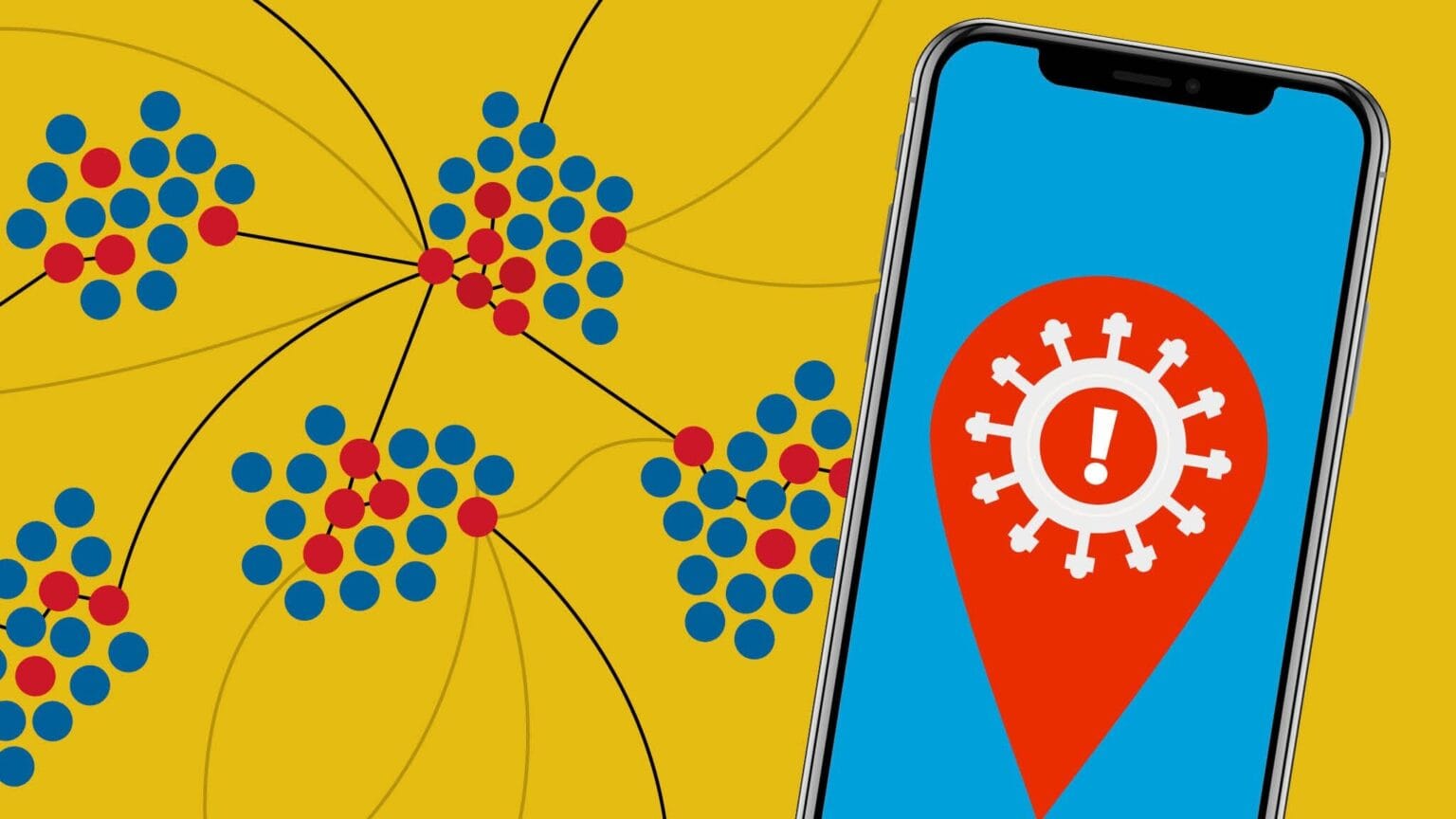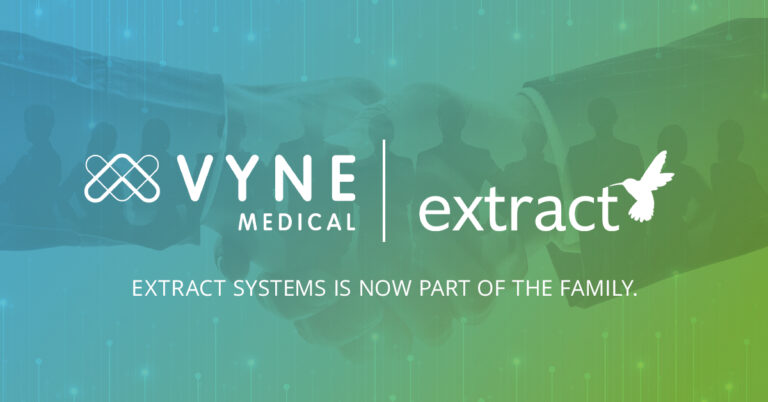
Contact Tracing: Public Health VS. Privacy
As many states begin their reopening process, state leaders are working on methods to contain the spread of COVID-19 while they reopen their economies after nearly two months of stay at home orders in place.
One of those mitigation methods is contact tracing. Traditionally this method was a boots on the ground process, where epidemiologists and tracers interview a person with the given infectious disease; in our case right now, COVID-19. When they are interviewing the infected person, they are trying to obtain information on who the person had contact with and where. The next step is to contact those people and quarantine them as well as find out who they had come into contact with. The goal of this process is to find out who brought the specific virus into an area or community and find out who might be infected.
In recent weeks we have seen how fast COVID-19 can spread, so the traditional method for tracing may be too slow to have any real impact on mitigation. That is where the cell phone comes into play. Combining the traditional interviewing process and the use of mobile phone apps can be much more accurate. The technology utilizes GPS, Bluetooth, or both to track infected persons and individuals they have come into contact with, which could be very helpful with slowing the spread of the virus.
Public Health Vs. Privacy
Some are raising concerns surrounding data privacy with the use of cell phone GPS tracking to aid in contact tracing of the virus.
This isn’t the first time data privacy has been a concern during a time of uncertainty. After September 11th, the United States government expanded its power and created new surveillance measures. Back then it was a fight against terrorism, now we are fighting against what many would consider a virus we know little about- but how much privacy should we have to give up?
Currently, both Apple and Google are working to develop Bluetooth-operated systems that will essentially be a template for all programmers to use to build contact tracing apps. The apps would both inform cell phone users of potential infection and help public health offices with their tracing efforts. These apps would be available for both iPhone and Android devices.
The apps will be an opt in- meaning cell phone owners don’t have to participate if they don’t want to. The great thing about these apps is how quickly information can be shared. If a user tests positive, they can report it through the app, and then based on where the infected person’s location was pinged in comparison to others, those ‘others’ would be notified about a possible exposure to the virus.
The use of location is also key, “We know transmission happens through droplets and also through environmental contamination, and in some cases the actual location is involved in the transmission, such as a meatpacking plant, or a Walmart location,” said Ivers, who is the executive director of the Massachusetts General Hospital Center for Global Health and an associate professor of medicine at Harvard Medical School. “The actual location of transmission is an important part of the vector.”
While this is all a step in the ‘right’ direction, many things still need to be sorted out, including how much personal data is actually being shared; essentially how much is too much? The other fold of this is states are also still going to need to ramp up their hiring of public health workers to assist in the tracing efforts- these workers will still be performing the traditional call and track methods.
Here at Extract, we are committed to serving our customers from a remote environment. We offer a software solution that automates redaction and indexing processes no matter where an organization or its employees are located- either in office or working from home. If you’re interested in learning how our software works, please reach out today.
Sources:
https://www.govtech.com/analytics/States-See-Benefits-of-Cellphone-Based-Contact-Tracing.html
https://www.theregreview.org/2020/05/14/gottlieb-public-health-versus-privacy/



